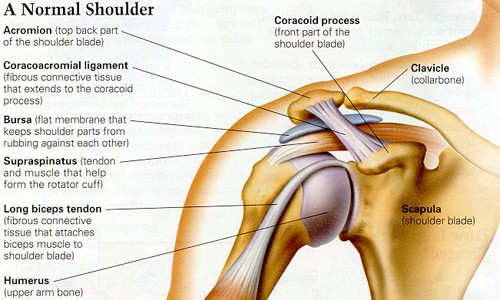"Expert NDIS physiotherapy, right at your doorstep."
Welcome to Physiotherapies!
Welcome to Physiotherapies!

The shoulder joint is the most movable joint in the body, made up of the collarbone, shoulder blade, and upper arm bone. While its flexibility makes it crucial for many everyday activities, it also makes the shoulder prone to injuries such as sprains, strains, dislocations, rotator cuff tears, and frozen shoulder.
If you’re experiencing shoulder pain or have suffered an injury, it’s important to seek physiotherapy early to determine the exact nature of the issue. Early treatment, combined with Physio-4 for Shoulders, can lead to faster and more effective recovery. Some shoulder problems may require surgery, but physiotherapists are essential for guiding you through recovery, restoring strength, and preventing complications.
Physiotherapists are university-educated professionals who specialize in diagnosing and treating various musculoskeletal issues, including shoulder injuries. They are equipped to manage both orthopedic and neurological conditions, providing tailored solutions to restore your mobility and strength.
As Melbourne’s leading experts in physical health, Physiotherapies is here to help you maintain shoulder health and prevent injuries so you can keep moving for life.
